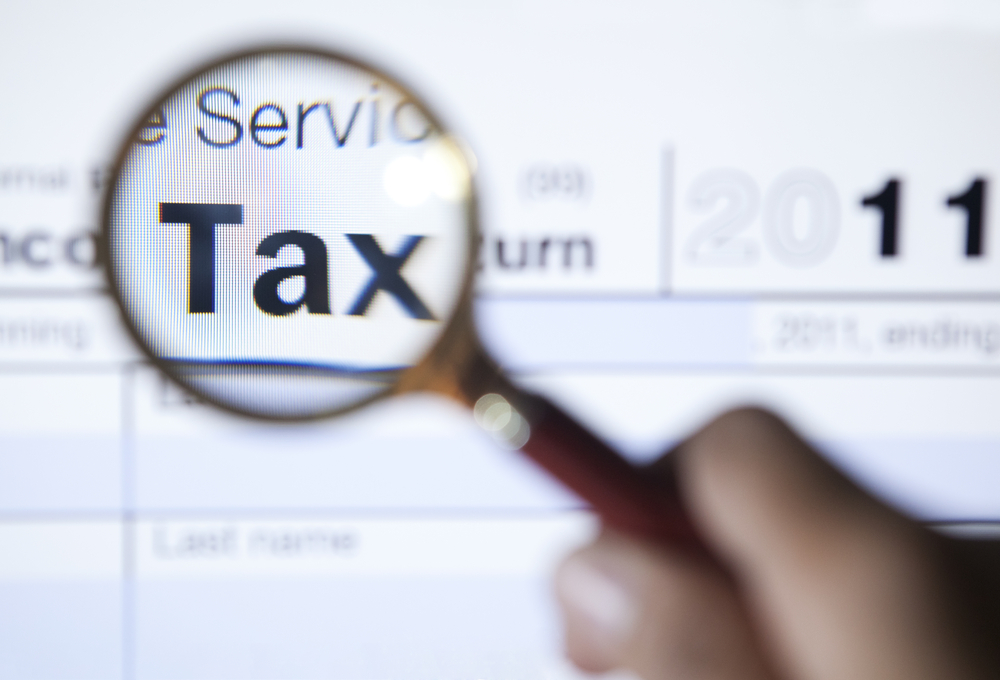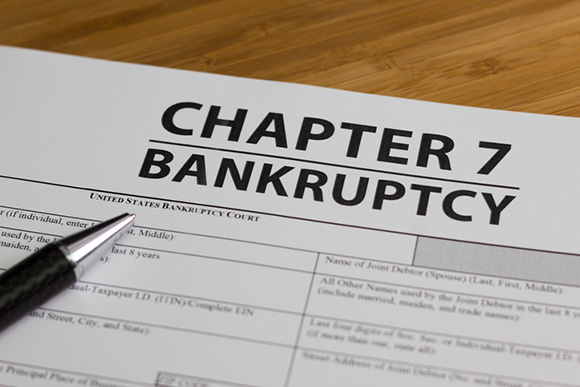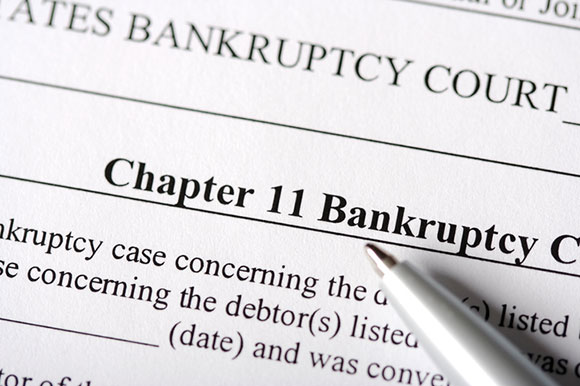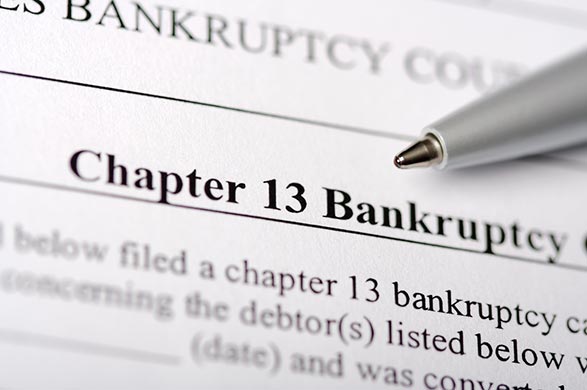Filing your taxes after filing for bankruptcy can be particularly complex. As part of any bankruptcy proceeding, it’s essential to know what impact the filing has on your tax liability. Here are answers to your questions about taxes after filing for bankruptcy.
Yes, it is possible to discharge some tax debts in bankruptcy. However, there are strict rules for when a debt qualifies as dischargeable:
If qualifying, tax debts may be discharged. Alternatively, the debtor may propose a payment plan or an offer in compromise in order to satisfy their obligation. In a Chapter 13 filing, if the nature of the tax debt qualifies for forgiveness, dischargeability depends on the debtor’s disposable income after expenses.

Yes, you have to produce copies of tax returns in bankruptcy. The bankruptcy trustee compares the income that you list on your tax returns to the income that you report in your bankruptcy filing. They verify that your filing is truthful and accurate. For filings under Chapter 11, the debtor must submit both a 1040 individual return and a 1041 bankruptcy estate return.
You may be able to keep your tax refund if you file for bankruptcy. At the outset, your refund is part of the bankruptcy estate. However, there are exemptions in bankruptcy, and these exemptions apply to your tax refund as well. If there is a way that you can claim your refund as an exemption, for example, using the wild-card exemption, then you can keep it. Strategizing to keep your tax refund requires identifying a way to claim the amount under bankruptcy rules.
Yes, you have to continue to pay taxes after you file for bankruptcy. The filer must continue to pay all taxes when they become due. If you fail to keep current on your taxes, the bankruptcy may be dismissed or converted.
No, you do not have to pay income tax on canceled debt after bankruptcy. Usually, debt that is written off by a creditor is taxable as income. However, when the write-off comes as part of a bankruptcy filing, the amount is not taxable to the debtor.
A creditor should issue a 1099-C document when they cancel a debt of $600 or more. In order to ensure that the amount doesn’t count as income, the debtor must attach Form 982 to the federal income tax return. Form 982 is a notice that the debt on the 1099-C form is not included in the debtor’s income for tax purposes.
The bankruptcy court may determine some kinds of tax liability when a person is in bankruptcy. They determine if a tax imposed on a debtor is legal as well as applicable fines or penalties. However, the bankruptcy court cannot adjust taxes that were previously contested and adjudicated by a court or administrative body. They also cannot decide what right the bankruptcy estate has to a tax refund before the IRS decides or before 120 days since the trustee requests the refund.
Initiating a bankruptcy petition creates an automatic stay of some Tax Court proceedings. For example, after a petition is filed, the Tax Court can no longer initiate a case regarding taxes for periods before the bankruptcy court order. A bankruptcy court may lift the stay to allow a case to continue. Essentially, the bankruptcy court has the sole authority to decide if the Tax Court or bankruptcy court will decide the outstanding tax liability. (Tax disputes in bankruptcy)
Any bankruptcy court order that discharges debt is final. That includes relief from qualifying dischargeable taxes. What unpaid taxes qualify for discharge depend on the chapter of bankruptcy filing used and the type of debt:



Do you have questions about taxes or your bankruptcy proceeding? Contact our Las Vegas bankruptcy attorneys to talk about your case today. We offer free, no-obligation consultations!